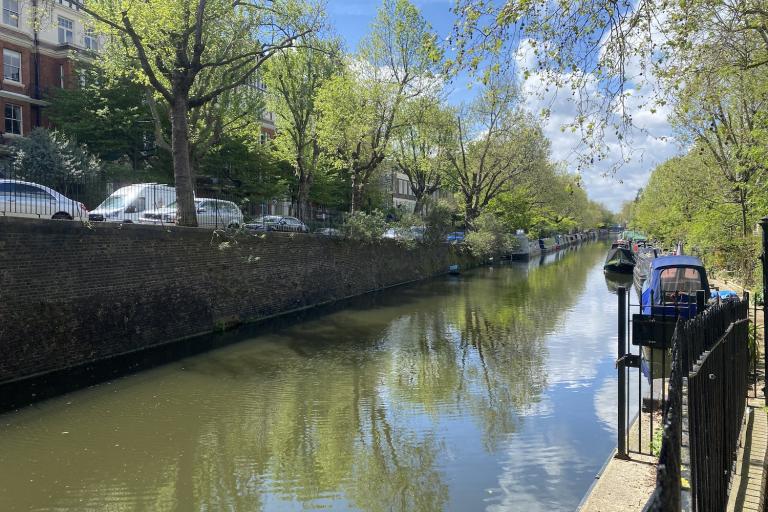Ecological emergency
We have announced major new environmental commitments for nature and wildlife in the city. Information about initiatives to tackle the ecological emergency, enhance green spaces, community food growing and funding available for local biodiversity projects can be found on these pages.
What is the ecological emergency?
Biodiversity is another word for life on earth. The natural world provides food, health, wellbeing and solutions to climate change. You can think of biodiversity as the foundation for our entire economy.
Yet world-leading scientists worry that we are on the edge of a sixth global mass extinction.
- 1 in 4 species are at risk of extinction
- Species populations have decreased by over 60% since the mid-20th century
We have known about this problem for some time and there have been previous attempts to conserve wildlife and restore nature. Yet even with these efforts we have not reached these global targets.
As humans, we are responsible for this drastic decline in biodiversity. There are 5 main causes. These causes lie close to home and are explained below.
- Habitat loss and degradation - losing gardens and hedgerows is causing a swift decline in many iconic British species. We have lost 97% of hedgehogs in the UK since the 1960s.
- Pollution - the Thames has some of the highest levels of microplastic pollution in the world.
- Exploitation - an iconic historical species for east London, European eels are now considered critically endangered due to a combination of habitat destruction, barriers, such as weirs, to their migration and overfishing.
- Invasive species and disease - you may have seen parakeets in London, these were introduced by people and have a detrimental impact on many of our native birds.
- Climate change - 48% of UK moth populations have declined as a result of changing weather patterns.

Declaring an ecological emergency
We declared an ecological emergency on the 20 September 2023, becoming the latest local authority to do so, four years to the day after declaring the climate emergency.
This declaration is a result of acknowledging the stress that high carbon emissions have placed on global nature and ecosystems and the impact this has had on Westminster's plants and wildlife. It also reflects our commitment to protect and bolster the natural world. This declaration builds on the declaration of the climate emergency announced in 2019, acknowledging the links between the two crises and that by dealing with both at the same time, we stand a better chance of reducing the long-term damage caused.
The declaration additionally adds to one of the recommendations created by the Westminster Citizens' Climate Assembly to fund and support greening initiatives and projects in the borough.
Over the past 12 months, we has already committed to improving and enhancing its biodiversity and green spaces. By declaring an emergency now, we will commit to more activity with a sense of urgency on delivery.
We will:
- acknowledge that following the declaration of the ecological emergency, there is recognition of the global ecological emergency and the local impact this has on nature, expanding upon the climate emergency declared in 2019
- pledge to act during the first year of the Motion being accepted to secure future measurable biodiversity net gain for Westminster, building on recent achievements such as the 'Greening Westminster' fund, the 'No Mow May' initiative, local projects which support communities to take action to improve biodiversity, the ban on the use of the pesticide Glyphosate, the Wild Gardens competition and other initiatives.
- publish a Nature and Urban Ecology Strategy, within the first year of the Motion being accepted, outlining our approach to improving biodiversity within Westminster, which will formally bring together and build upon work happening across the council to support biodiversity net gain
- undertake and publish a Green Infrastructure Audit to assess the current condition and quality of green spaces in Westminster, including our 33 Sites of Importance for Nature Conservation SINC locations in the City
- proactively look for opportunities to work in partnership with local groups and stakeholders, including local landowners and BIDS, to ensure we are all working together to address the ecological emergency
- pledge to develop plans for further action in the second year of the motion being accepted and beyond, based on a full assessment of the scientific evidence on how best to achieve this goal
- declare its full support for the Climate and Ecology Bill, and write to all MPs with constituencies that contain Westminster City Council wards to encourage them to also support it
